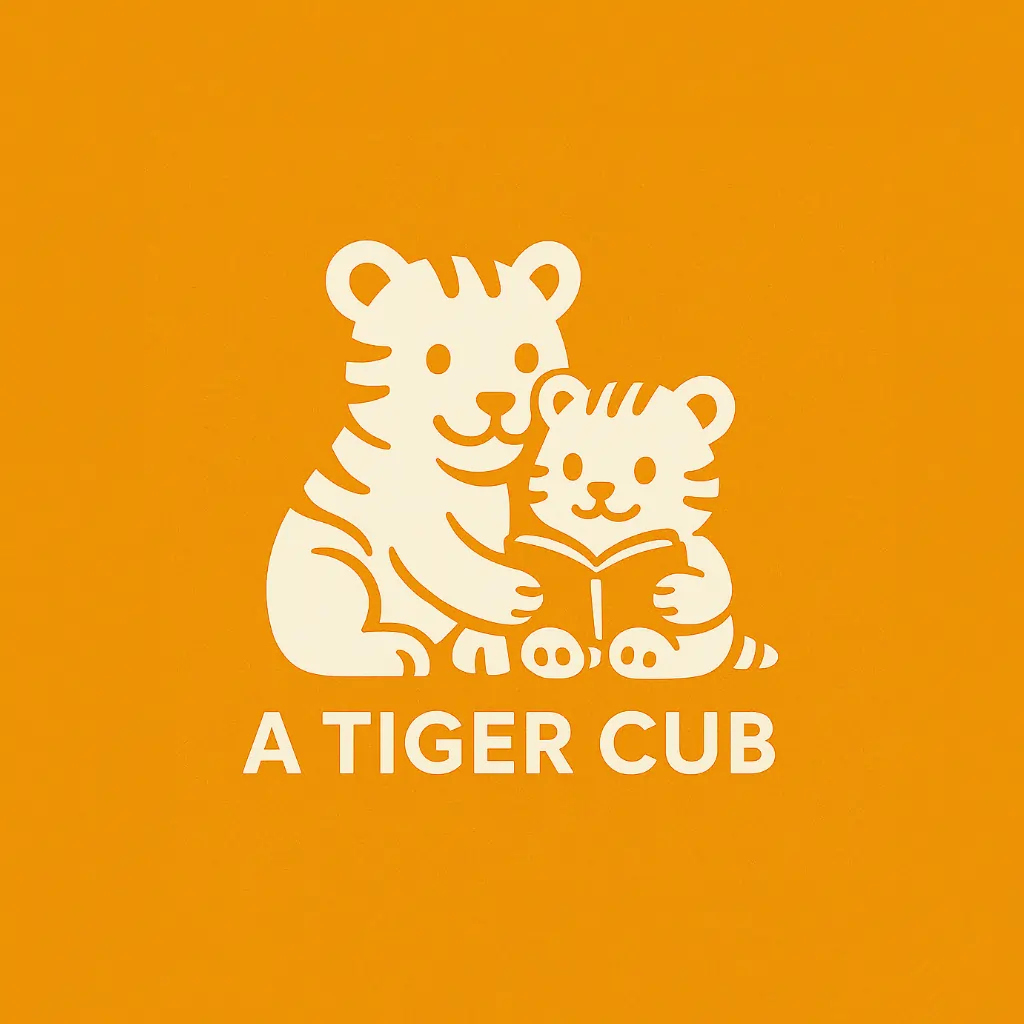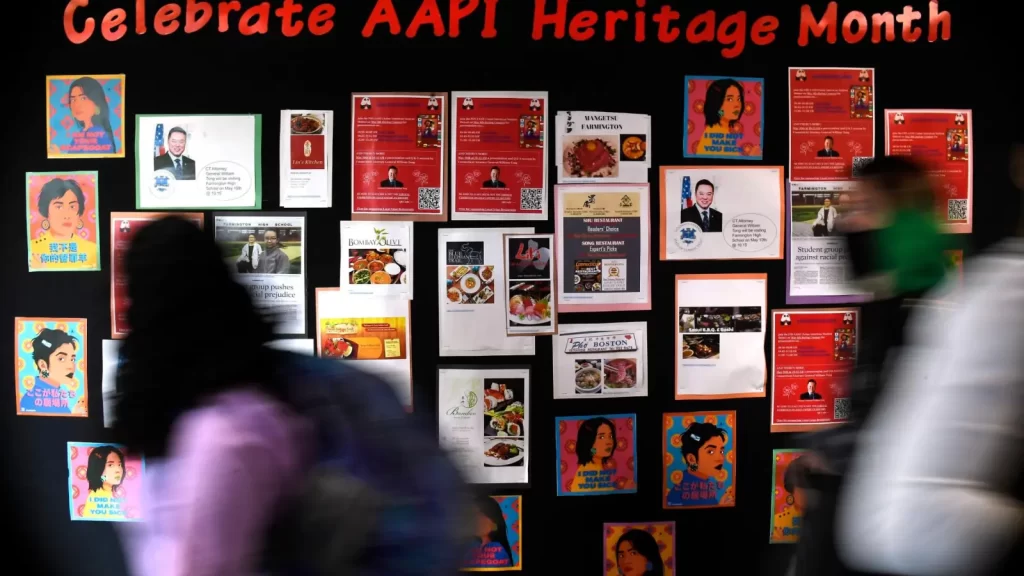Ever sat through a class wondering, Why am I memorizing this when I could just Google it? Or maybe you’ve envied your friend who can recite entire textbooks but struggles when asked to analyze a problem? If so, you’ve already stumbled into one of the biggest debates in education: memorization versus critical thinking.
This clash is particularly striking when you compare Asian and Western education. Asian schools are often laser-focused on memorization, drilling facts into students’ heads until they can recite them in their sleep. Meanwhile, Western schools tend to emphasize creativity and problem-solving, sometimes at the expense of foundational knowledge. But which approach is better? And do we even have to choose just one?
Let’s break it down.
The Asian Approach: Memorization as the Path to Success
If you grew up in an Asian household, chances are you heard this at least once: “Study harder. Memorize it. That’s how you’ll succeed.” From an early age, students are expected to absorb and recall massive amounts of information. But this isn’t just about school—it’s deeply cultural, rooted in history, society, and even the economy.
Why Memorization?
1. A Tradition Dating Back Centuries
China’s imperial exam system—the keju—was essentially the world’s toughest memorization test. If you wanted to become a government official (a huge deal back then), you had to memorize entire Confucian texts. Fast forward to today, and this legacy lives on in exams like the Gaokao (China’s college entrance exam) and India’s CBSE and ICSE exams. The logic? If you can master and recall vast amounts of knowledge, you’ll be prepared for success.
2. The Brutal Competition for Top Schools and Jobs
With millions of students vying for limited university spots in China, India, Japan, and Singapore, the education system is a pressure cooker. High scores on exams often mean the difference between a stable career or an uncertain future. Parents push their kids to excel because, in their eyes, academic success equals financial security. And in a world where jobs are scarce and competition is fierce, memorization is seen as the fastest way to the top.
3. It Builds Discipline and Focus
Ever tried memorizing a hundred-page textbook? It’s no joke. Memorization takes an insane amount of discipline, patience, and sheer mental endurance. Many Asian parents believe that the ability to buckle down and grind through material is a valuable life skill, one that builds resilience for future challenges.
The Western Approach: Thinking Over Rote Learning
Now, let’s look at the other side. Western education—particularly in countries like the U.S., Canada, and much of Europe—leans heavily on understanding rather than memorization. The goal isn’t just to know the answer but to figure out why it’s the answer.
Why Focus on Critical Thinking?
1. Learning Should Be Active, Not Passive
Western education follows a more constructivist approach—basically, the idea that students learn best by doing. Instead of memorizing equations, they might be asked to apply those equations to solve real-world problems. Think about all those “project-based learning” classes—like designing a bridge instead of just learning about one.
2. The Rise of Creativity and Innovation
Ever wonder why so many of the world’s most famous entrepreneurs—Elon Musk, Mark Zuckerberg, Steve Jobs—come from Western education systems? Creativity and independent thinking are heavily encouraged in Western classrooms. Students are taught to question, challenge, and experiment, all of which are essential for innovation.
3. Memorization Isn’t as Important in the Digital Age
Let’s be real: With Google, ChatGPT, and AI assistants, pure memorization isn’t as necessary as it used to be. What matters more is knowing how to find, evaluate, and apply information. Western education emphasizes skills like research, critical thinking, and adaptability—things that are crucial in today’s rapidly changing world.
The Strengths and Weaknesses of Both Systems
Neither system is perfect. Both have clear strengths and major downsides.
The Perks of Memorization:
✔ Provides a strong foundation of knowledge. (You can’t analyze what you don’t know!)
✔ Helps with speed—useful for exams where quick recall is key.
✔ Builds mental endurance and focus.
The Downsides of Memorization:
❌ Can feel robotic—students might know the answer but not why it’s the answer.
❌ Stifles creativity. When the goal is to regurgitate information, independent thought takes a backseat.
❌ Leads to stress and burnout, especially in high-pressure exam environments.
The Perks of Critical Thinking:
✔ Encourages innovation and problem-solving.
✔ Prepares students for real-world challenges where there are no clear-cut answers.
✔ Fosters curiosity—students learn to ask why instead of just memorizing what.
The Downsides of Critical Thinking:
❌ Can leave students without a solid factual foundation.
❌ Not always efficient—sometimes, you just need to memorize things quickly.
❌ Can lead to a lack of academic discipline in students who aren’t naturally self-motivated.
The Best of Both Worlds: Finding the Balance
So, what’s the ideal approach? The truth is, education isn’t a one-size-fits-all deal. The best system combines both memorization and critical thinking.
Use memorization as a foundation, then build on it. Knowing historical facts is great, but understanding why history unfolded the way it did is even better.
Blend learning styles. Schools in Singapore, for example, are already doing this—combining strong memorization techniques with critical thinking projects.
Parents and educators should adapt. More Asian parents are realizing that memorization isn’t everything, just like more Western parents are recognizing that a strong knowledge base is still important.
Final Thoughts: Education Should Evolve with the Times
At the end of the day, education is about preparing students for life—not just exams. Memorization trains discipline, but critical thinking fosters adaptability. In today’s fast-changing world, both are essential.
So, where do you stand in this debate? Do you think memorization is still important in 2025, or should we shift entirely to creative problem-solving? Drop a comment—I’d love to hear your thoughts!








